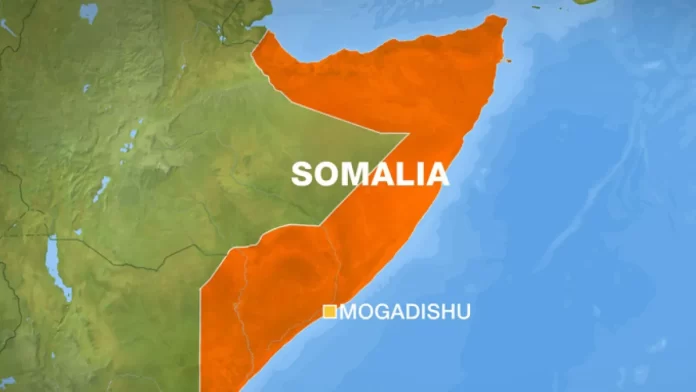 The ongoing divisions among Somali leaders over the constitutional process have raised concerns about the unity and stability of the country. President Hassan Sheikh recently called for a new round of discussions with regional leaders to address the stalemate that resulted in the breakdown of national unity and exposed the country to external threats.
The ongoing divisions among Somali leaders over the constitutional process have raised concerns about the unity and stability of the country. President Hassan Sheikh recently called for a new round of discussions with regional leaders to address the stalemate that resulted in the breakdown of national unity and exposed the country to external threats.
One of the main challenges facing Somali leaders is the influence of external actors, particularly Ethiopia, in exacerbating internal divisions. Ethiopia has been accused of supporting breakaway regions like Puntland and encouraging Somaliland to pursue independence, which further complicates the constitutional process. This interference not only undermines Somalia’s sovereignty but also threatens its territorial integrity.
President Hassan and the parliament have faced criticism for their handling of the constitutional talks, particularly for pushing through a contentious vote without proper consultation with opposition groups and other stakeholders. This rushed approach only deepened the divisions within Somali society and failed to address the complex issues at hand.
In order to overcome these challenges, President Hassan must demonstrate leadership by acknowledging the shortcomings of the previous approach and committing to a more inclusive and transparent process. This will require dropping the controversial vote and engaging in meaningful dialogue with all relevant stakeholders to reach a consensus on the way forward.
The importance of inclusive and participatory decision-making cannot be overstated in the context of Somalia’s fragile political landscape. By involving a wide range of voices in the constitutional process, Somali leaders can ensure that the resulting document reflects the diverse interests and aspirations of the country’s population.
Moreover, a concerted effort to build consensus and unity among Somali leaders is essential to counter external threats and protect the nation’s interests. Only by presenting a unified front can Somalia defend its sovereignty and territorial integrity against potential aggressors.
In conclusion, the complex challenges facing Somali leaders in the constitutional process require a decisive and inclusive approach that prioritizes national unity and stability. By listening to all voices and working towards a consensus-based solution, President Hassan and the parliament can overcome their divisions and safeguard Somalia’s future.




